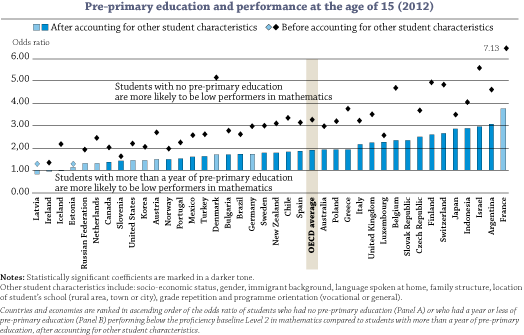How to prepare students for the complexity of a global society

by Anthony Jackson, Director, Center for Global Education at Asia Society Andreas Schleicher, Director, Directorate for Education and Skills In all countries, rapidly changing global economic, digital, cultural, and environmental forces are shaping young people’s lives and their futures. From Boston to Bangkok to Buenos Aires, we live today in a VUCA world: volatile, uncertain, complex, and ambiguous. The world’s growing complexity and diversity present both opportunity and challenge. On the one hand, globalization can bring important new perspectives, innovation, and improved living standards. But on the other, it can also contribute to economic inequality, social division, and conflict. How well education systems prepare all of their students to thrive amid today’s rapidly changing world will determine the future prosperity and security of their nations – and of the world as a whole. Global competence education is what will empower students to do just that. Globally competent student...
